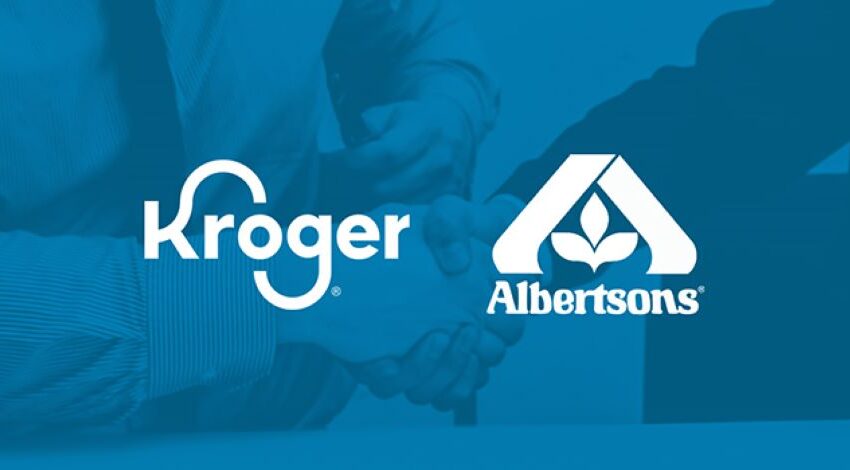
US Courts Block $24.6 Billion Albertsons-Kroger Merger Deal
The proposed merger of two US grocery companies – Kroger and Albertsons – which was announced in October 2022 for $24.6 billion, suffered a setback on Tuesday as the Judges of two US courts blocked the deal permanently. The deal would have been the biggest merger in the history of the US grocery markets.
In siding with the Federal Trade Commission’s challenge, the US District Judge Adrienne Nelson rejected agency concerns that the deal would substantially diminish competition for unionized grocery worker labor. But she nevertheless found sufficient harm to competition for grocery sales to issue a preliminary injunction, according to a report from Law360.
“Based on the evidence presented, the court finds that the merger would lead to undue market concentration in multiple geographic markets in both the supermarkets and large format stores markets that would presumptively lessen competition,” the report, quoting Judge Nelson, said.
According to the 71-page decision, a finding of harm in just one significant market in various locations around the country would be enough to make out a face value, or prima facie, case.
“By showing that the proposed merger would presumptively lessen competition in multiple markets, plaintiffs have met their prima facie burden,” the judge said.
Boon for Shareholders
On the other hand, the FTC painted the merger as a boon for shareholders and a bust for consumers and union workers as it sought to pause the deal, ostensibly so an in-house commission judge could assess its merits, Law360 report said.
The agency said that the combination — involving nearly 5,000 stores across 48 states and more than 700,000 workers — would create the nation’s largest grocery store chain, resulting in jacked-up food prices and reduced power for unions to negotiate living wages.
Judge Nelson’s opinion on Tuesday concluded that the deal should be blocked whether looking at a market limited to supermarkets or also including large format stores such as Walmart and wholesale clubs.
But the judge refused to let Kroger and Albertsons also include Amazon.com, asserting that e-commerce companies have a substantially different business model than other large format stores, offering a massive number of SKUs, largely in non-grocery items, for shipping or delivery only, without physical stores.
Weighing Options
However, a spokesperson for Kroger said that after the dual rulings that it was weighing its options, which were further complicated by a still-pending challenge from the Colorado attorney general.
“Kroger is disappointed in the opinions issued by the US District Court for the District of Oregon and the Washington State Court,” the spokesperson said.
The spokesperson also said that the decisions overlooked the substantial evidence presented at trial showing that a merger between Kroger and Albertsons would advance the company’s decades-long commitment to lowering prices, respecting collective bargaining agreements, and is in the best interests of customers, associates, and the broader competitive environment.
Even Albertsons said that it was also evaluating its options.
“We are disappointed by the U.S. District Court’s decision to grant the FTC’s request for a preliminary injunction. We clearly outlined during the proceedings how the proposed merger would expand competition, lower prices, increase associate wages, protect union jobs, and enhance customers’ shopping experience, the company said.















